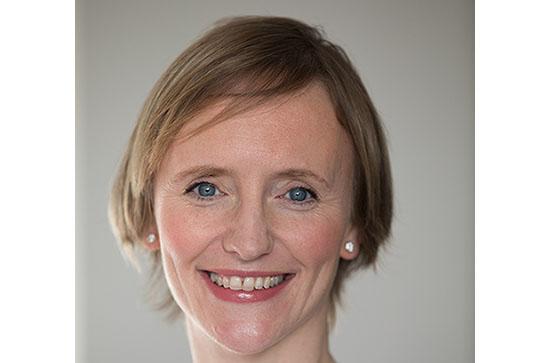
Friday, September 4, 2020 - 13:45
Maynooth University congratulates Dr Lorna Lopez on receiving a prestigious European Research Council (ERC) grant for her genetic research examining circadian rhythms in families.
Dr Lopez received the €1.5 million award under the ERC Starting Grants scheme to help early-career scientists and scholars conduct pioneering research across all disciplines and to build their own teams. The grants are part of the EU’s Research and Innovation programme, Horizon 2020.
Dr Lopez, a lecturer in the Department of Biology at Maynooth and a researcher in the Kathleen Lonsdale Institute for Human Health Research will lead a project titled ‘FamilySleeps:‘Disrupted Circadian Rhythms in Families - an Endophenotype of Autism Spectrum Disorder?’
The project will examine the specific role of disrupted circadian rhythms and its relationship with autism spectrum disorder (ASD) in families.
“The FamilySleeps research programme will challenge the view that sleep disruption in children with ASD is driven only by environmental and behavioural factors,” Dr Lopez said.
Sleep disturbances are highly prevalent in children with neurodevelopmental disorders, and this adversely impacts the whole family’s wellbeing.
While the origins of neurodevelopmental disorders are considered largely genetic, the mechanisms that underlie sleep disruption, and their relationship to neurodevelopment, is relatively unexplored.
“FamilySleeps will lead a breakthrough in understanding the role of circadian rhythms in ASD, which has implications for breakthroughs in other neurodevelopmental disorders, and understanding a process fundamental to life – sleep,” Dr Lopez said.
“I am very pleased to receive this award – it is a really multidisciplinary project - and I look forward to leading this project from Maynooth and working with esteemed academic and community collaborators within Maynooth University, across Ireland and internationally.” Dr Lopez concludes.
A total of €677 million has been allocated under the ERC Starting Grant to help early-career scientists and scholars from across 40 nationalities.
President of the European Research Council (ERC), Professor Jean-Pierre Bourguignon, commented: “The present health crisis showed that despite spectacular progress in research over the past decades, there still remain plenty of unsolved scientific mysteries, as well as lessons to be learnt from the past. Therefore, the best strategy to tackle it is to enable some of the brightest minds to pursue their most innovative ideas, in order to create opportunities for serendipitous discoveries. This is what the European Research Council is for. It’s clear that, if Europe is to be competitive globally, it needs to give excellent prospects to the next generation of researchers as these ERC Starting Grants do, and to invest much more in top blue sky research.”
Ends
